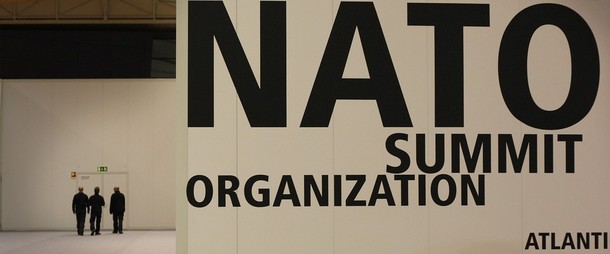
From Leo Cendrowicz, Time: NATO has had to cope with the new timidity of European nations when it comes to putting troops on the line, as the war in Afghanistan has revealed. Daniel Keohane, a senior research fellow at the E.U. Institute for Security Studies in Brussels, says Europe’s public support is falling in part thanks to the draining Afghanistan campaign and the unpopular Iraq war. "Many Europeans no longer want to follow the U.S. on military operations if their core security interest is unclear or if they think they have little say over strategy," he says. That is mirrored in dwindling defense spending. Even with their Afghan commitments, total defense spending among NATO’s European members fell from $311 billion in 2001 to $272 billion in 2009. …
At the same time, as the U.S. looks to Iran, the Middle East and the rise of China, "it has ceased to be full-time European power," says Mark Leonard, co-author of "The Spectre of a Multipolar Europe," a report published last month by the European Council on Foreign Relations. "Washington sees Europe as essentially ‘fixed,’ and thinks it is time for Europeans to step up to provide their own security."
Despite these existential questions, NATO has never been busier. There are some 120,000 international troops attached to the NATO-led International Security Assistance Force. NATO troops only left Bosnia in 2004, and they still turn out together for peacekeeping duty in Kosovo. And last year, NATO warships mounted anti-piracy patrols off Somalia. …
But all that might still not be enough. The question for Obama and the other leaders gathering in Lisbon will be whether they really mean what they say in their invigorating new mission statement or whether these recent NATO operations represent the last twitches of an ambivalent alliance. (photo: Getty)
Image: getty%2011%2019%2010%20ambivalent%20alliance%20Time.jpg
